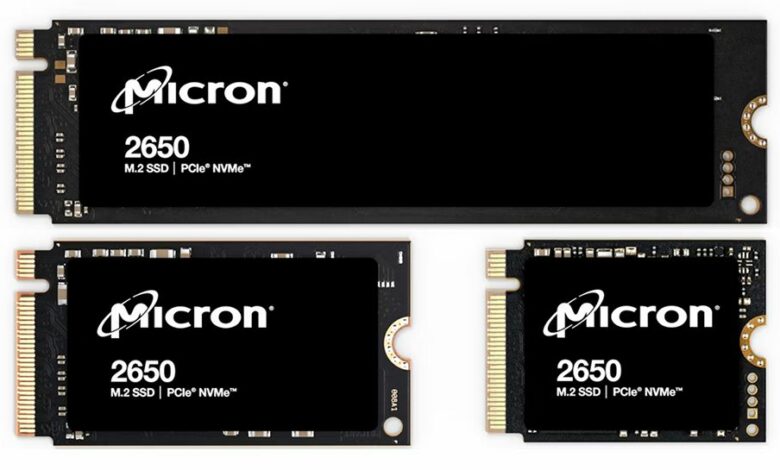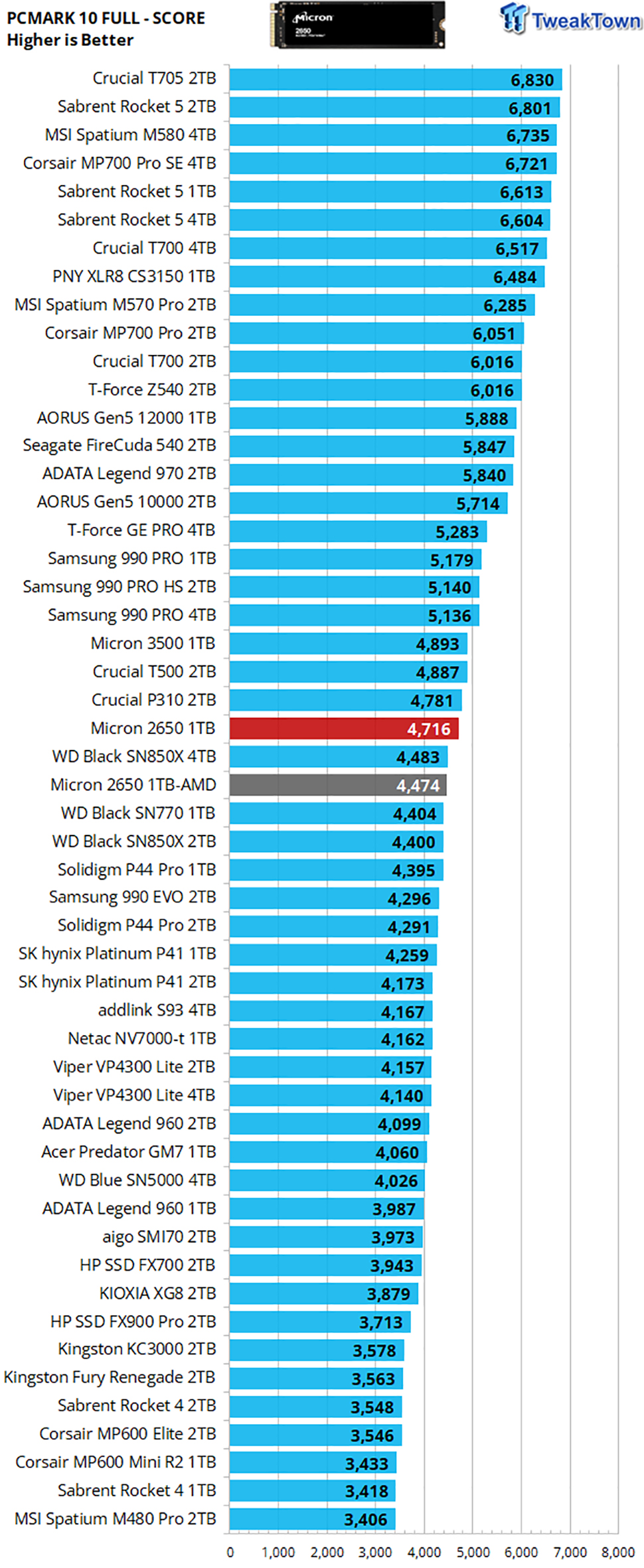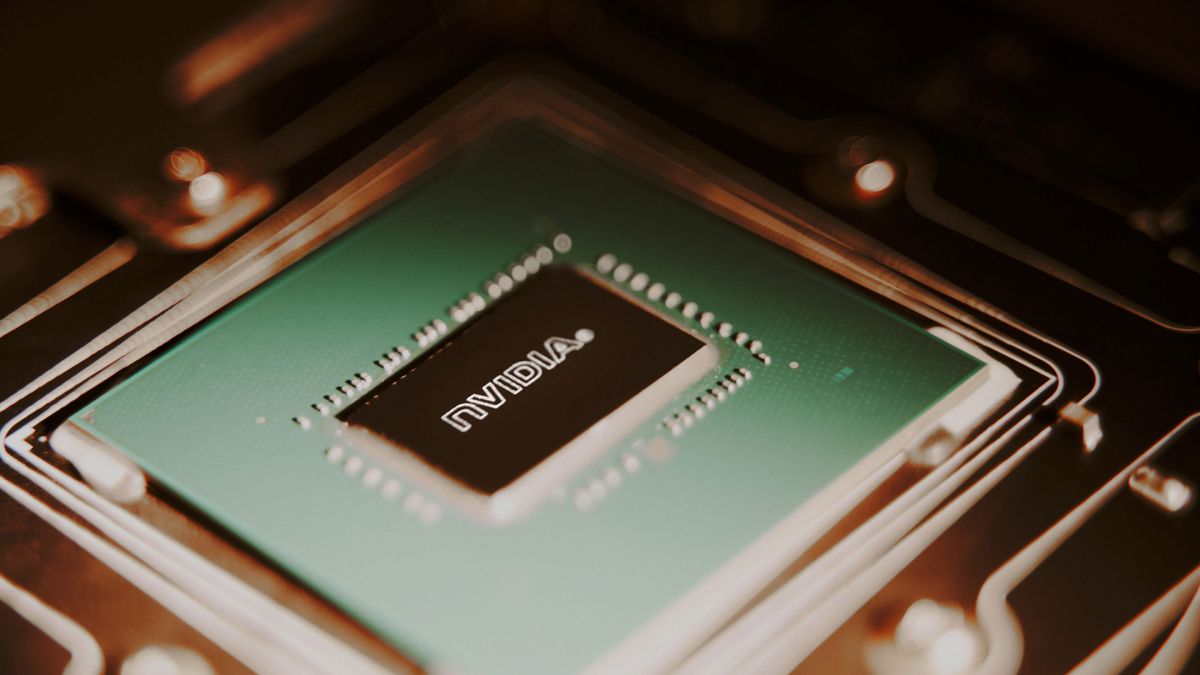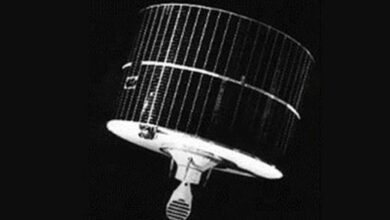Micron’s groundbreaking budget DRAMless SSD could spell the end for low-performance SATA drives – independent reviews show it beats Samsung’s 990 EVO on popular benchmarks

Micron recently unveiled its 2650 client SSD, the first to be made using 276-layer 3D NAND, a new record for the company.
Gen 9 NAND delivers the industry’s fastest IO speed at 3.6GBps, which Micron claims is 50% faster than competing NAND in an SSD, with up to 99% better read bandwidth and 88% better write bandwidth. It’s also 73% denser and has up to 28% smaller board footprint compared to competing products.
The TLC (3-bit/cell) 2650 SSD uses a PCIe Gen 4 interface and comes in an M.2 gumstick form factor, available in 2230, 2242, and 2280 sizes and in capacities from 256GB to 1TB.
Impressive results
To see how the promising newcomer fared, TweakTown compared the 2650 SSD to a range of competitors, including products from Crucial, Sabrent, Corsair, Western Digital and Seagate, using a wide selection of benchmarking tools.
The site notes before testing that “being a client or OEM SSD comes with some drawbacks when it comes to performance comparisons between the SSD and retail SSDs. This is because client SSDs are generally tuned differently than retail DIY SSDs. OEM or client SSDs are intended for primarily pre-built systems, where the end user will generally never see or touch the SSD.”
The 2650 SSD’s performance varied across tests, but it performed well in the PCMark 10 Full System Drive Benchmark, the test TweakTown describes it as the one that “brings traditional DRAMless SSDs to their knees.” It was only beaten out by Crucial/Micron’s own N58R QLC-arrayed P310 2TB, currently the best-performing retail DRAMless SSD available, but outperformed it in other tests.
If you want to see exactly how well the 2650 SSD performs compared to other drives, including Samsung’s 990 EVO, check out the following page: full benchmark resultsBut TweakTown sums it up nicely by stating, “Micron’s 2650 1TB OEM/client SSD isn’t the ‘fastest’ of its kind, but it is certainly the most powerful of its kind and is in fact the fifth most powerful flash-based PCIe Gen4 SSD ever created.”
Perhaps more excitingly, the site concludes, “It also introduces us to a new ninth-generation super-fast NAND that brings with it the promise of quad-channel SSDs capable of 14GB/s of throughput, vastly improved AI infrastructure scalability, and the speed needed to fully utilize PCIe Gen6 once it comes into play.”





